State leaders want transparency from the federal government on the flow and placement of refugee children throughout Tennessee in a report issued Friday.
State House and Senate leaders created the Joint Study Committee on Refugee Issues last May after media stories of “overnight flights of children into the Chattanooga area.” Those stories described a plane carrying children arriving in the East Tennessee city in the middle of the night.
The news sparked a controversy among conservatives in the state. Their concerns rose to the White House. In May, press secretary Jen Psaki told reporters that Tennessee just happened to be centrally located and that the children “are simply on their way to unite with relatives and sponsors, to meet sponsors in the state, or just traveling through Tennessee until they reach another destination to unite with family members or legal sponsors.”
However, state officials pressed for more information on the federal program that oversees unaccompanied alien children (UAC) and how it operates in Tennessee. The study committee’s report said that there were few answers from the feds.
The report said Freedom of Information Act (FOIA) requests went unanswered and phone calls were not returned. In one conference call about the flights, officials with the federal Office of Refugee Resettlement (ORR), could not tell Tennessee officials about future flights, the locations the minors were going to, or answer many other questions about these activities. ORR officials gave only general information about the program and pointed further inquiries to policies available on a federal website.
In June, Tennessee Governor Bill Lee and Iowa Governor Kim Reynolds asked for a federal Senate Judiciary Committee hearing on the matter. In a letter to U.S. Senator Chuck Grassley, the governors called these murky flights part of “the current border crisis” and a hearing should “address the Biden Administration’s failure to provide notice and transparency in their movement of unaccompanied migrant children into states.”
Right around the time of the mysterious Chattanooga flight full of refugee children, stories of abuse began to surface about the main agency that managed those children in Tennessee. Only one group at the time, the Georgia-based Baptiste Group, ran a residential facility to support these children in Tennessee. After investigations, three employees of Baptiste’s Chattanooga-based La Casa de Sidney were arrested.
The facility’s license was suspended but couldn’t be revoked immediately under due process. Proceedings in the case were ongoing as of the time of the report’s publication Friday. No children now stay at the home.
The Baptiste Group hoped to establish another home for refugee children in Memphis in 2019. The group had a $3.7 million grant from the federal government to house children at the former South Side Middle School. But the deal fell apart under scrutiny by Chalkbeat Tennessee and members of the Shelby County School Board. Records uncovered by the state study group said “the Baptiste Group received [$14.1 million] in Memphis. There is no known Baptiste Group facility in Memphis.”
Another agency, Bethany Christian Services, is now the sole agency managing refugee children in state but the group does not provide any residential services. That organization said it offered services to 2,117 Tennessee children and families in 2020.
Beyond that, the federal government’s movement of refugee children through and in Tennessee remains murky. The report gave an eyewitness account from a Knoxville businessman who said he saw a large number of “Hispanic” children on a flight escorted by a man who said he was taking them “to a shelter in Chattanooga.” Another witness said he saw 20 Gray Line buses in Downtown Knoxville filled with passengers, “who appeared to be young Latinos, got off the buses, which appeared to be a rest stop … stayed for about a half hour. They re-boarded and the buses left Knoxville for an unknown destination.”
For all of this and more, the joint committee’s Friday report recommends a host of changes that may see bills proposed in this session of the Tennessee General Assembly.
Among them are:
• A resolution that the federal government must seek state approval before locating refugee children in Tennessee.
• New reporting requirements for residential child care agencies to disclose their contracts, and regular census counts.
• Revocation of licenses of facilities (like La Casa de Sidney) when employees are charged with criminal behavior connected to their duties at the facilities.
• Support for the “Migrant Resettlement Transparency Act,” introduced in Congress by Tennessee senators Marsha Blackburn and Bill Hagerty.
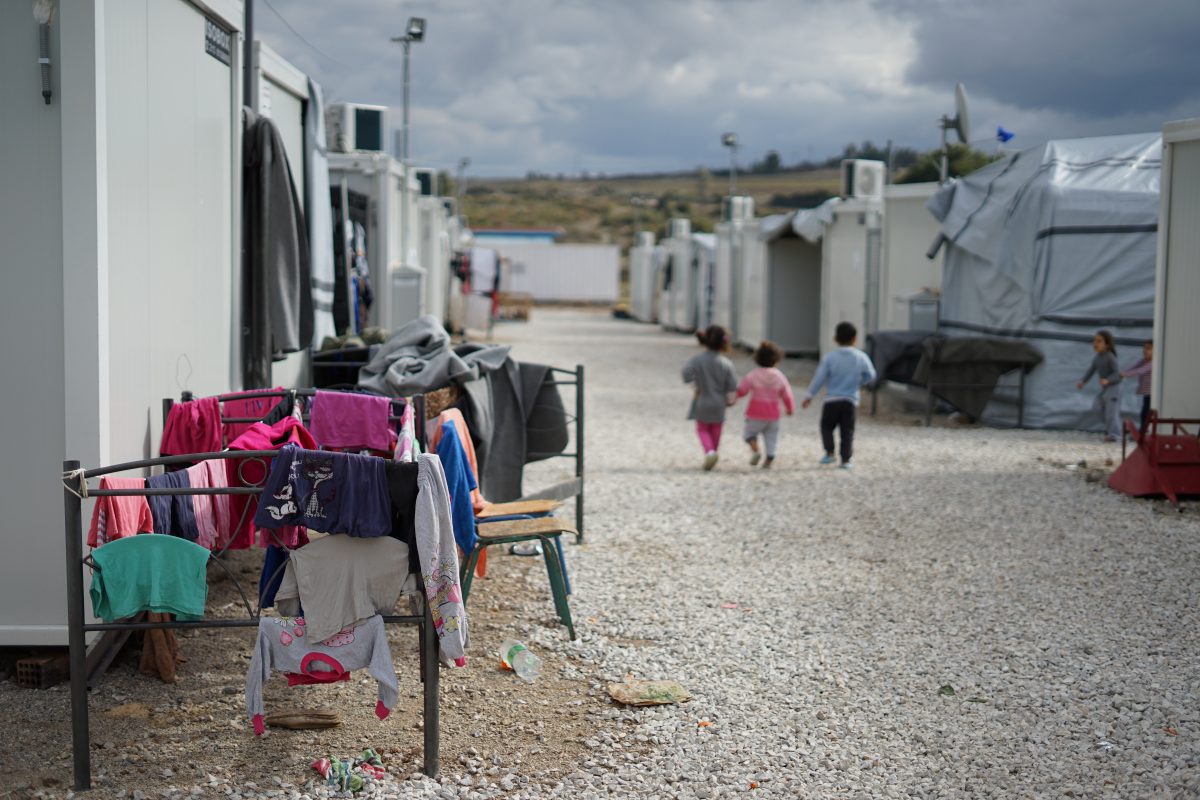

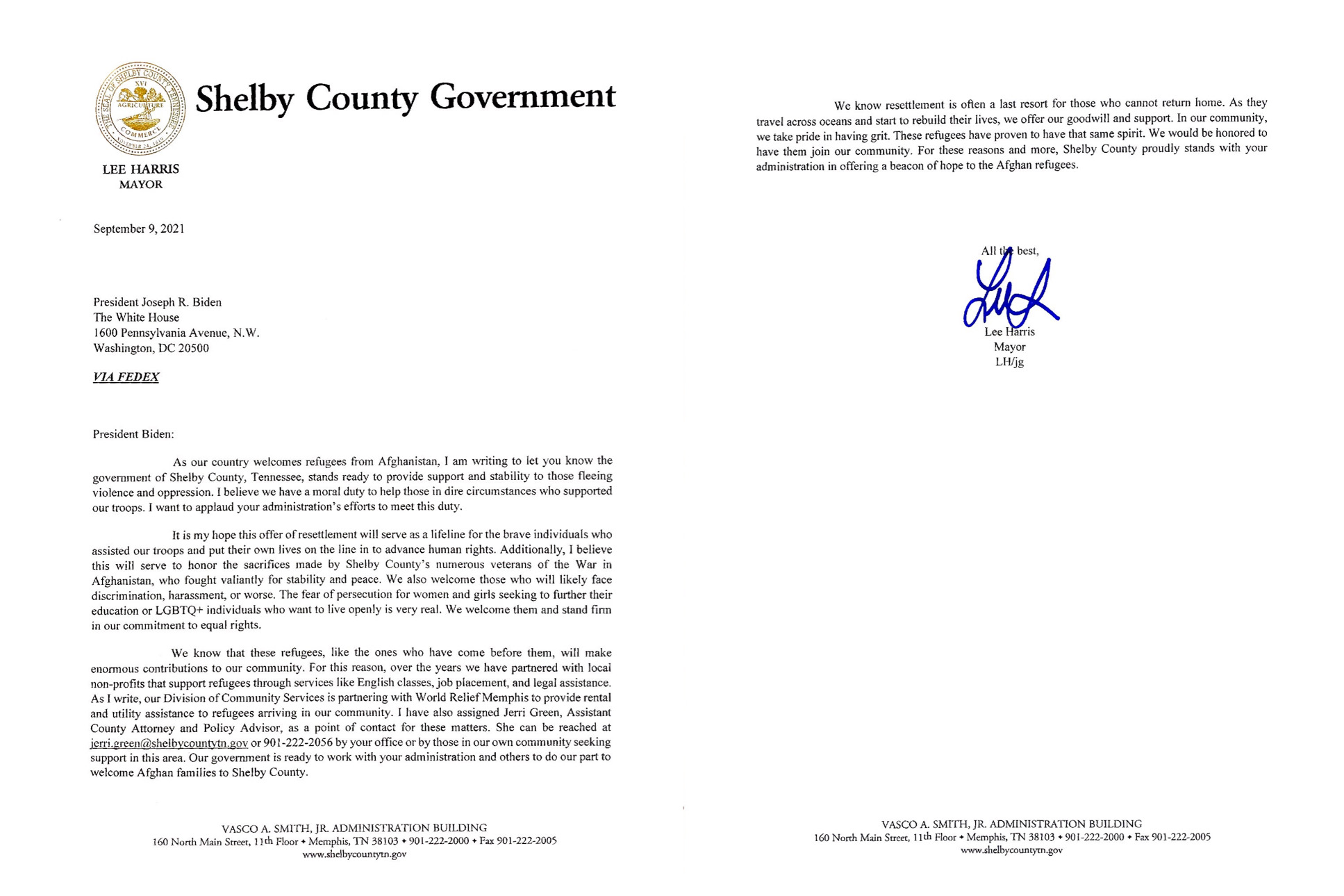
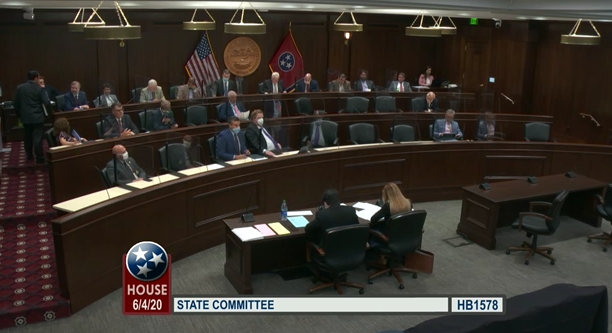
 World Relief
World Relief 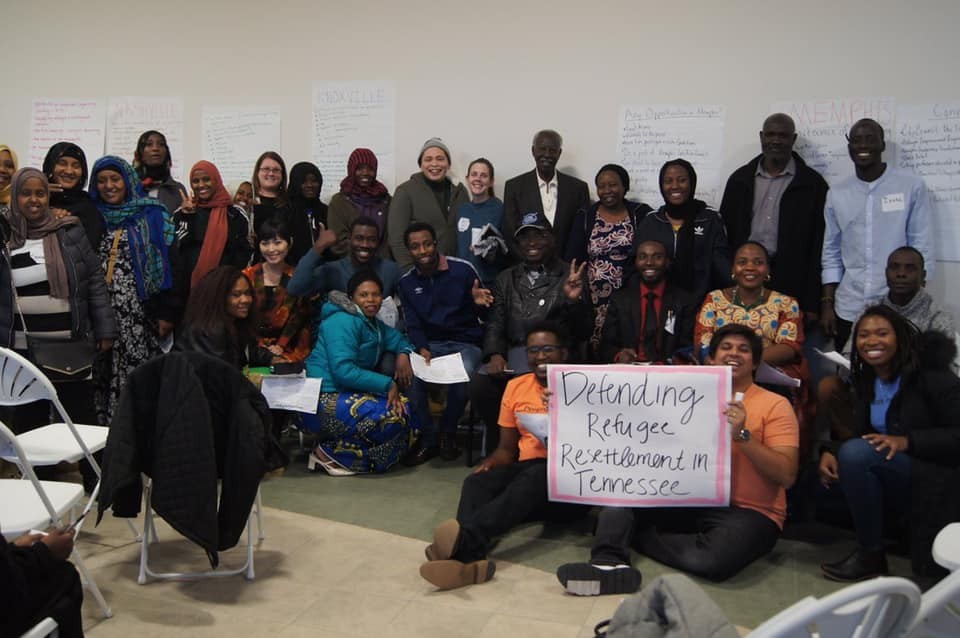 TIRRC/Facebook
TIRRC/Facebook 
 World Relief
World Relief 
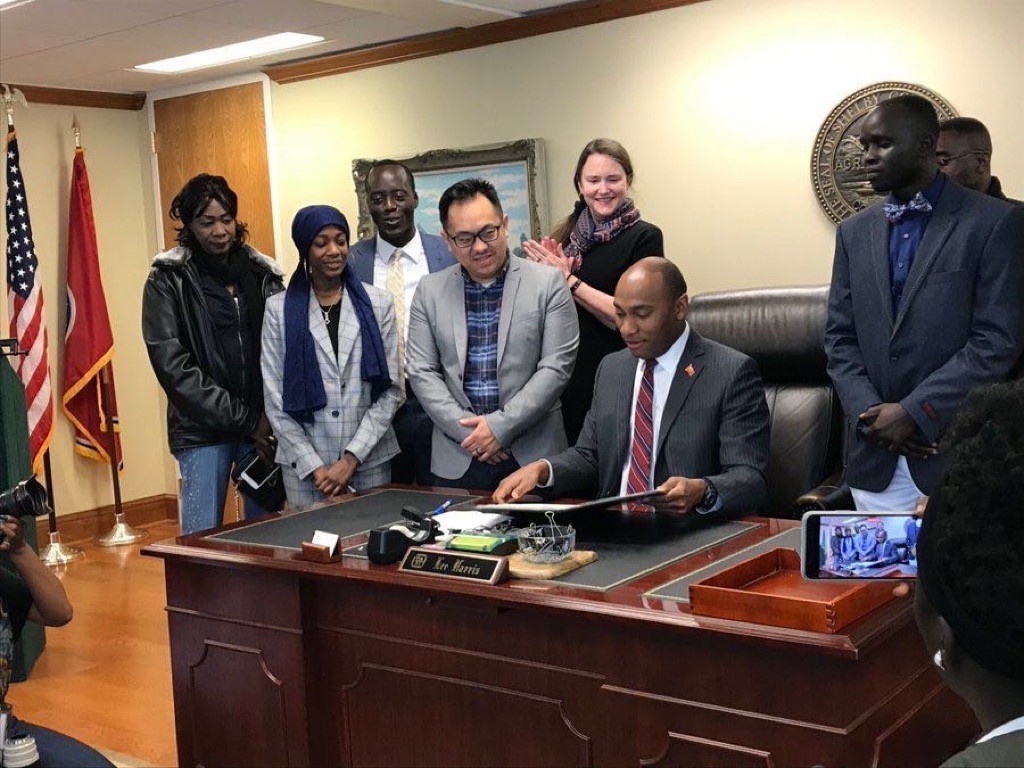 TIRRC
TIRRC 
 Courtesty of U.S. Customs and Border Protection
Courtesty of U.S. Customs and Border Protection